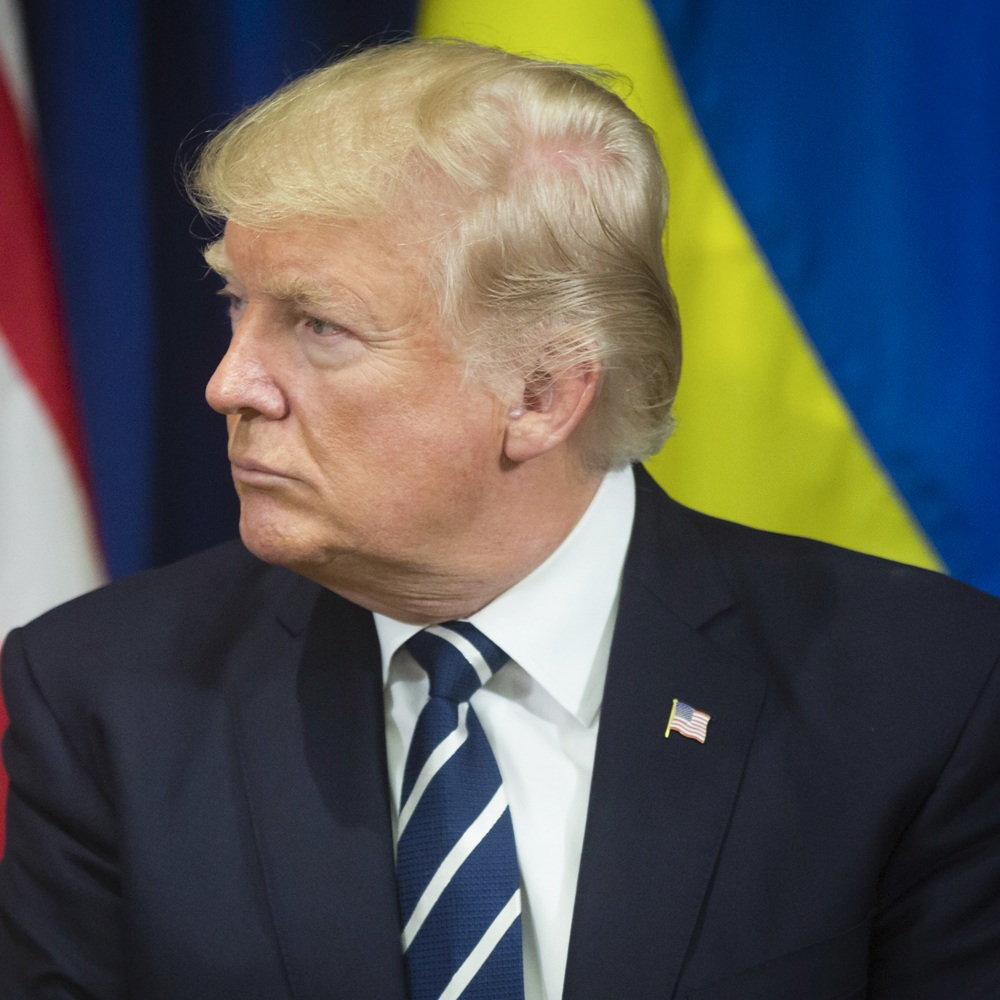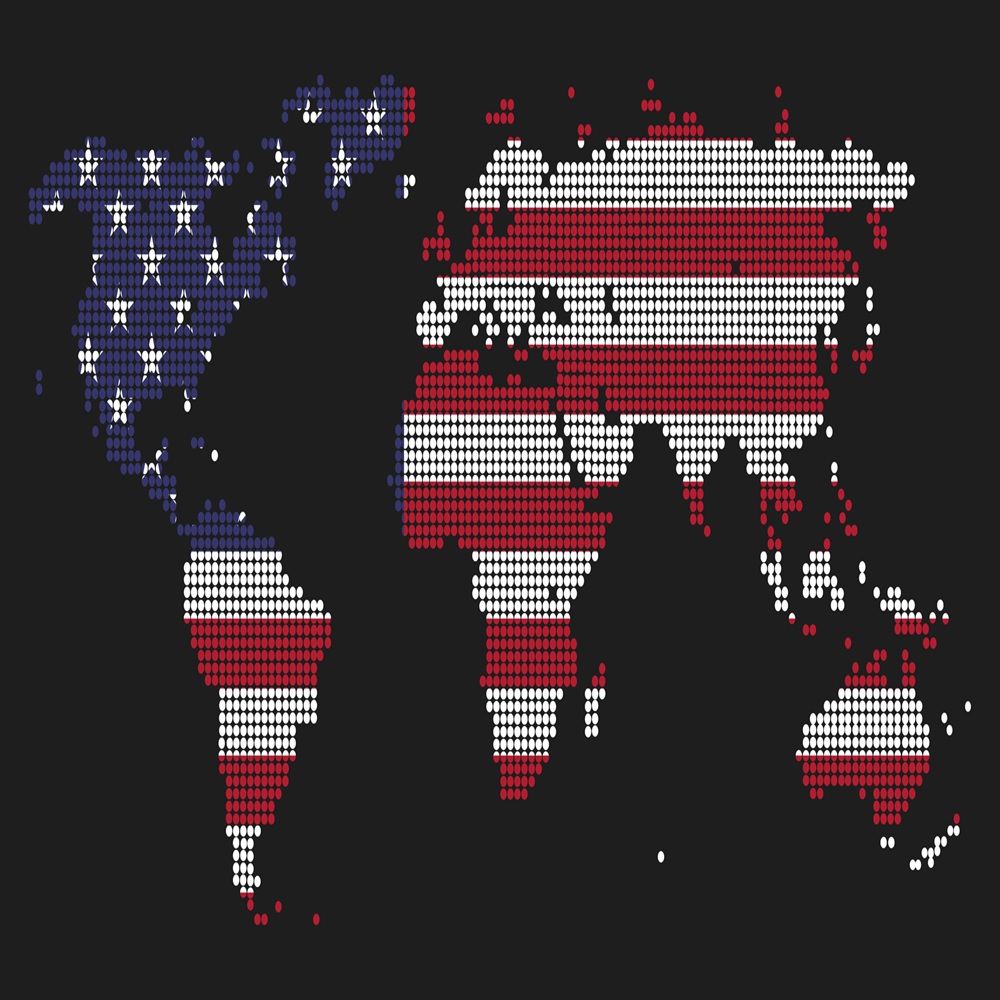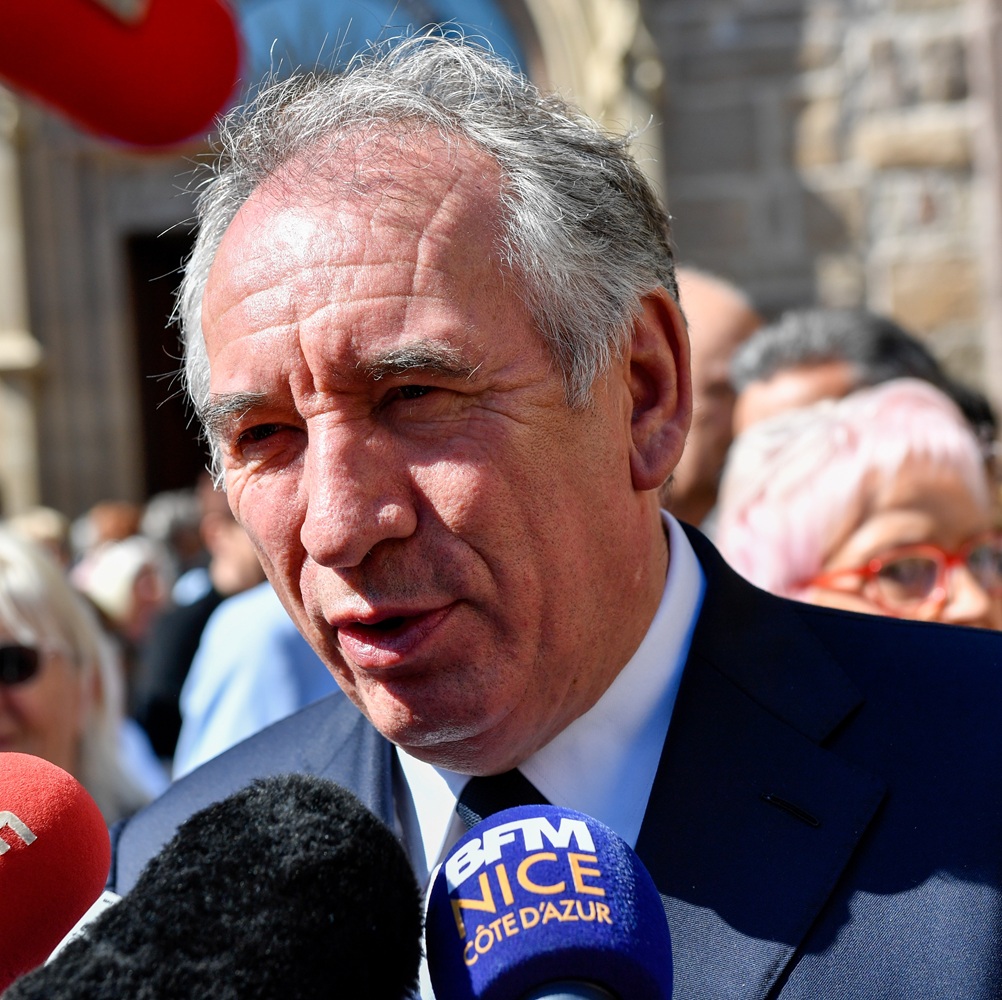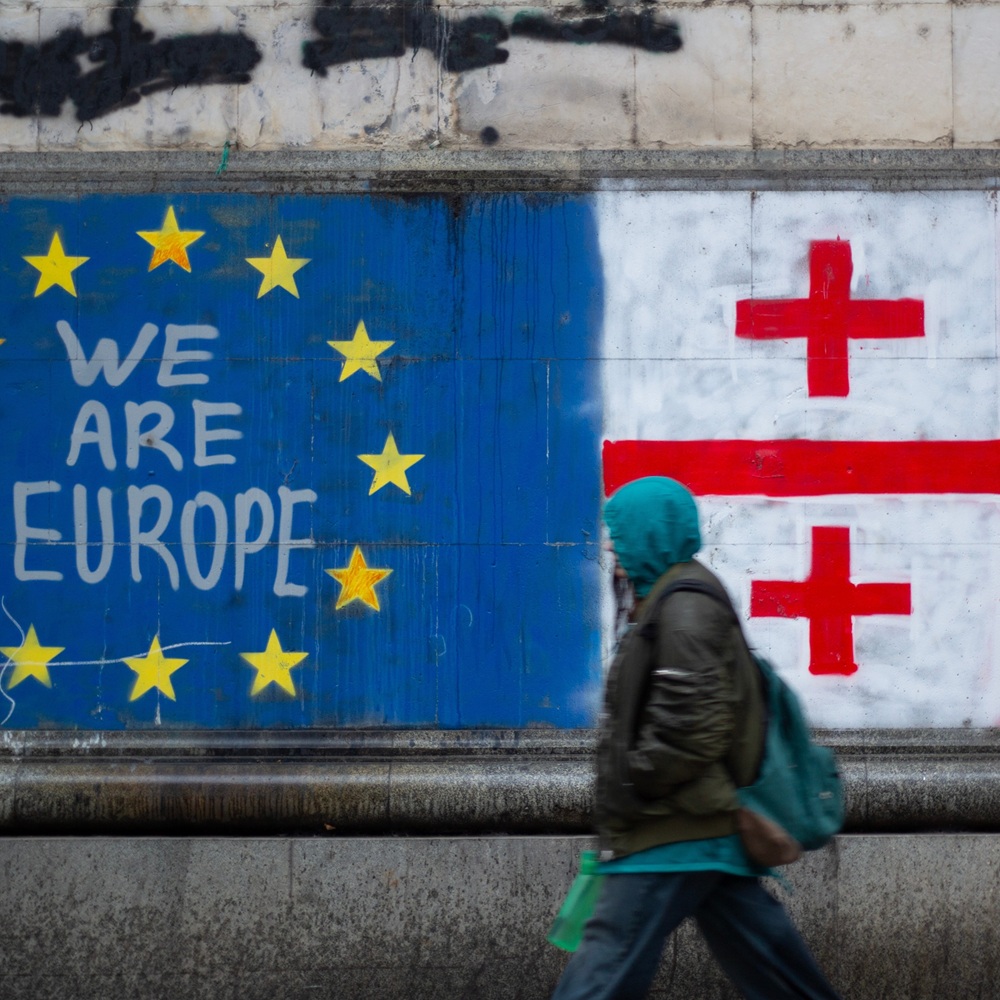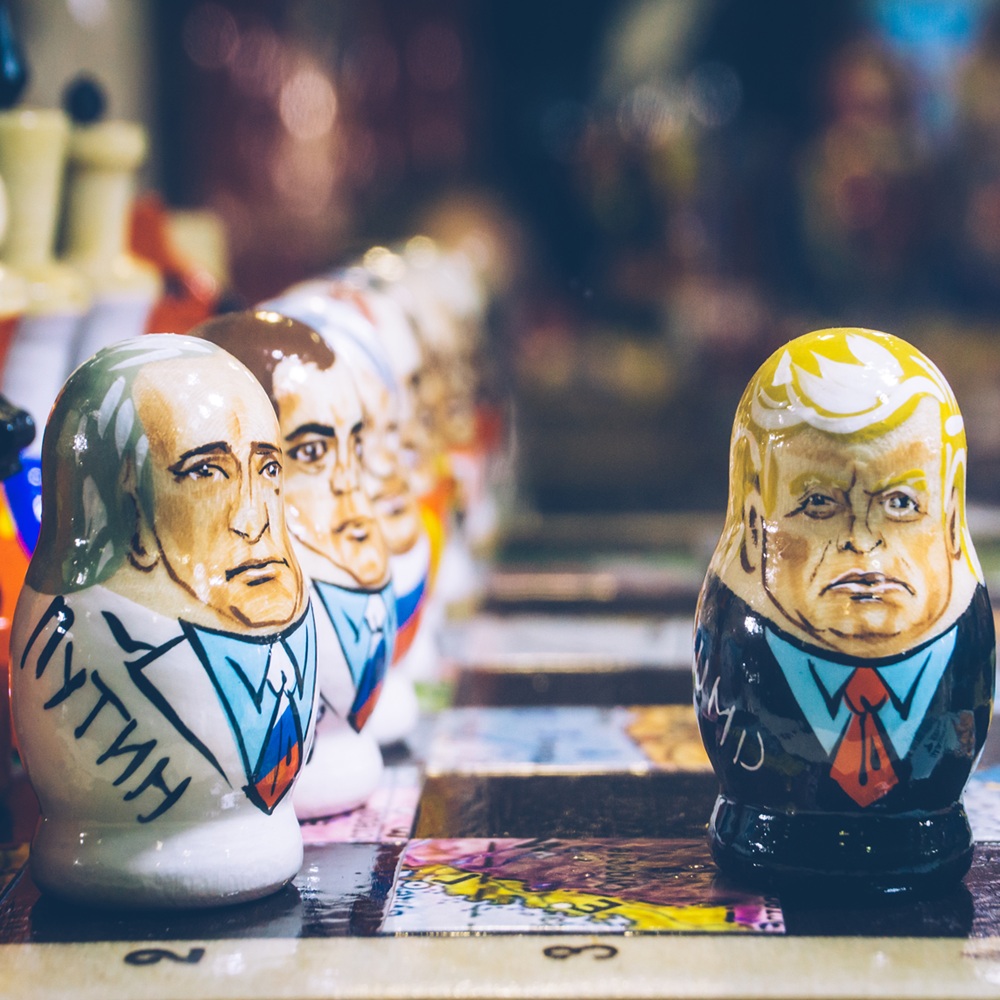
Life After Elections: The Future of Russian-American Relations
by Inna Yanikeeva
Leer en español In Deutsch lesen Gap اقرأ بالعربية Lire en français Читать на русском The history of Russian-American relations has been marked by numerous ups and downs, periods of cooperation and confrontation that have shaped not only bilateral relations but also had a significant impact on the global political stage. In this regard, these relations have always attracted the attention of researchers attempting to predict their development. Moreover, every U.S. presidential election is not just a change of power in the country but also an opportunity to reassess foreign policy, which, in turn, affects the interests of other nations, including Russia. Each new president comes to power with their own views, priorities, and strategies, directly influencing both bilateral and multilateral relations. One only needs to recall examples where shifts in the White House have led to dramatic turns in foreign policy — ranging from escalations in tension to attempts to set a new tone for dialogue. For instance, consider President Obama's “reset” policy towards Russia, followed by the intensification of anti-Russian sanctions when the “reset” did not unfold according to American expectations. What significance do the 2024 U.S. presidential elections hold for Russian-American relations? Will the continuity of U.S. foreign policy towards Russia persist? How might the election results impact the future of these two great powers and their interactions on the global stage? At the Intersection of Hopes and Ambitions Among the factors influencing Russian-American relations are the views, priorities, and strategies of American decision-makers. In this regard, the 2024 U.S. presidential election drew the close attention of the international community. It is expected that a change in president and government could lead to a transformation of foreign policy. The position of the elected president serves as an indicator of the likely foreign policy tactics and strategies Washington may adopt towards other countries and in addressing various international issues during the upcoming four-year term. So, what do we know about Donald Trump? First and foremost, he brings valuable presidential experience and is well aware of the pitfalls that await him now. He is better prepared for the role than he was eight years ago. Secondly, he might challenge the deep state, which, while unlikely, cannot be entirely ruled out. He has nothing left to lose unless he amends the Constitution to create the possibility of running for a third term. Thirdly, he fiercely defends the national interests of the state in the spirit of realism. This means he can be engaged within this paradigm. At the same time, he is a businessman, which implies that reaching an agreement with him is possible one way or another. The key is to offer him a “price” that aligns with his interests. If a foreign policy “business proposal” does not appeal to him or offer any tangible benefit, he will not even consider it. It is also important to note that he is ambitious when it comes to wielding power. He has both the financial resources and influence within certain circles. It seems that what he lacks is global power. To realize his ambitions — such as demonstrating his ability to shape world destinies and influence international events through Russia — he may facilitate a revival of Russian-American relations from their current low point. Whether Moscow would find this scenario acceptable is another question entirely. Nevertheless, American foreign policy does not depend solely on the desires and intentions of the president. Typically, it retains its key characteristics, even with occasional deviations from continuity in foreign policy tactics and strategies. An example of this can be seen in the shift towards a quasi-isolationist stance during Donald Trump's first term, followed by a reversal under Joe Biden's presidency (such as rejoining the Paris Climate Agreement, reversing the U.S. withdrawal from the WHO, and lifting the travel ban on citizens from several Muslim and African countries). Now, a return to Trump's approach is anticipated, though the main directions of previous foreign policies across all fronts are expected to remain intact. It is also crucial to consider the presence of the so-called deep state in the U.S., which may attempt to hinder Trump’s plans and intentions. During his first term, the deep state proved to be a significant force, preventing the president from implementing certain plans and agreements with other world leaders, including Russia — for example, in the realm of cybersecurity. However, Trump is now more aware of the specific challenges he might face and is better positioned to shape his foreign policy strategy in a way that circumvents potential obstacles posed by the deep state, enabling him to achieve his desired outcomes. This includes negotiating and implementing agreements he reaches. Who will prevail in this dynamic — Trump or the deep state — remains to be seen in the near future. At the same time, it is essential to consider the impact of previously made decisions on U.S. foreign policy. For example, laws are much more challenging to amend or repeal than executive orders issued by a previous president. This is particularly relevant to one of the major sticking points in Russian-American relations — sanctions. Reaching an agreement to lift sanctions would be extremely difficult, if not practically impossible, under current conditions, as a law can only be repealed with the approval of the U.S. Congress. In other words, the president does not have the authority to unilaterally lift sanctions without Congressional consent. However, if such a move aligns with strengthening the global influence of the United States — particularly Donald Trump’s role — it is conceivable that he might find a way to achieve the seemingly impossible. At the same time, the U.S. president is not the sole influential figure in shaping the country’s foreign policy — Congress also plays a crucial role. The current situation is unfolding in a manner similar to 2016. The outcome of the 2024 U.S. elections resulted not only in the victory of former president and businessman Donald Trump, but also in Republican candidates securing a majority in Congress. The Republican Party now holds the upper hand, with 53 seats in the Senate compared to the Democrats' 47, and 220 seats in the House of Representatives compared to the Democrats' 215. There is a likelihood that Republicans will be inclined to support Trump’s initiatives. However, opposition on certain issues is also possible, one of which could be Russia, particularly regarding anti-Russian sanctions, as was the case during his previous term. In this context, it is important to note that Republican members of Congress have backed the nomination of the current Speaker of the House, Mike Johnson, for the same position in the new House. The vote on his candidacy is scheduled for January 3, 2025. While he previously supported funding for Ukraine, his rhetoric has recently shifted, and he has started opposing this initiative. Meanwhile, John Thune has become the new Republican leader in the Senate. He has already expressed his willingness to approve Trump’s cabinet appointments through a simplified and expedited process. Notably, he also supported aid for Ukraine in the past. However, this fact is now being downplayed in public discourse in the United States. In addition to the role of the president and the composition of Congress, those appointed to key foreign policy positions and the advisors to the head of state can also play a significant role in shaping U.S. foreign policy. Currently, Donald Trump, drawing on his experience from his first term, is selecting candidates for his team who are not only loyal to him but also influential and well-resourced figures, such as Elon Musk. He is choosing individuals who share his ambitions. In this regard, Trump and Musk are quite similar — both aspire to global influence. This has led to a consolidation of Trump’s inner circle around his expressed ideas, even if some of these individuals previously held different positions on foreign policy issues. This dynamic is evident, for instance, in the case of Mike Johnson. Undoubtedly, this alignment is primarily motivated by the desire to secure positions in the upcoming administration. However, these individuals are also well aware that if they oppose Trump, they risk being replaced by more loyal candidates. One of the top priorities on the agenda for the newly elected president is filling government positions. The importance of those he selects for his team should not be underestimated. Despite their loyalty, it is important to consider the potential, albeit limited, influence they may have on the stance of the newly elected president. First and foremost, Donald Trump has selected U.S. Senator J.D. Vance from Ohio as his vice president. Vance considers Russia an adversary of the United States but believes treating Moscow as an outright enemy is counterproductive. He has been cautious in supporting anti-Russian sanctions, remarking that the Biden administration's use of this tool against Russia has been as effective as a “damp firecracker”. J.D. Vance has been a vocal opponent of providing aid to Ukraine and has advocated for negotiations with Russia. According to him, “just because we don’t like someone doesn’t mean we can’t talk to them from time to time”. This suggests a degree of pragmatism in the approach toward Moscow within the future U.S. presidential administration. Nonetheless, national interests will remain the top priority for Trump’s entire team, as well as for Trump himself. In this context, one potential negotiation strategy could involve emphasizing that agreements on specific issues align with American national interests. Currently, Michael Waltz is being considered for the role of National Security Advisor. This position is one of the most significant in the U.S. administration and does not require Senate confirmation. Waltz would be responsible for briefing Donald Trump on key national security issues and coordinating the work of various agencies. Regarding his foreign policy views, Waltz believes it is necessary to reassess the U.S. objectives in Ukraine. At the same time, he is among those who support imposing sanctions on Russia and conducting strikes deep within Russian territory. So far, no changes in his stance on these matters have been observed. However, it is unlikely that he will openly contradict Trump. Instead, a “good cop, bad cop” dynamic may emerge, which could align perfectly with the newly elected president's objectives. After all, Trump is advancing the concept of “peace through strength”. Donald Trump plans to appoint Senator Marco Rubio as Secretary of State. In recent interviews, Rubio stated that Ukraine should seek opportunities for a peaceful resolution with Russia rather than focusing solely on reclaiming its territories. He was also one of 15 Republican senators who voted against the $95 billion military aid package for Ukraine passed in April 2024. This alignment with Trump’s position on Ukraine indicates Rubio’s intention to remain loyal to the U.S. president. For the role of Secretary of Defense, Trump is considering Pete Hegseth, a Fox News host. Hegseth has expressed skepticism about continuing U.S. support for Ukraine, further reflecting his loyalty to Trump, consistent with other candidates being considered for positions in the new administration. Donald Trump has proposed New York Congresswoman Elise Stefanik as the U.S. Ambassador to the United Nations. Stefanik has called for “crushing actions” to defeat Russia and was one of the initiators of anti-Russian sanctions. However, she voted against a multi-billion-dollar aid package for Ukraine in early 2024. For the position of Director of National Intelligence, Trump has nominated Tulsi Gabbard, known for her criticism of U.S. foreign policy regarding Ukraine and Russia. In early 2022, she attributed the conflict to the Biden administration's failure to acknowledge Russia's “legitimate security concerns” regarding Ukraine's potential NATO membership. Other key positions include Secretary of the Treasury and Secretary of Commerce, who are responsible, among other things, for implementing anti-Russian sanctions, as well as the Director of the CIA. Additionally, the new Department of Government Efficiency (DOGE) will be led by businessman Elon Musk and Vivek Ramaswamy, Trump's former rival in the primaries. In this context, it is important to note that Donald Trump places a high value on loyalty and support for his ideas. Consequently, members of his team are likely to carefully weigh their words to avoid contradicting him — or at least not contradicting him significantly — while subtly advancing their own views when possible. In summary, all candidates share a common trait: loyalty to Trump and support for his ideas, particularly regarding Ukraine, even if they previously held differing views on certain issues. However, it would be premature to infer a shift in the U.S. position toward Russia based solely on their expressed desire to resolve the Ukrainian conflict. Bridges or Walls: The Shape of Russian-American Relations After 2024 The trends in relations between Moscow and Washington after 2024 will largely depend not only on the outcome of the recent elections but also on the genuine readiness of both nations for dialogue and cooperation. Notably, Russia has already articulated its position, expressing its willingness for constructive dialogue. However, the question remains: Is Washington prepared for this, considering its deeply entrenched anti-Russian background? Can Donald Trump navigate these challenges effectively, and more importantly, does he even want to? Russian-American relations after the elections stand at a crossroads. The choice between constructive cooperation and deepening confrontation will be critical. What factors will ultimately determine the future trajectory of these relations? It is important to remember that Donald Trump is a businessman who thinks and acts accordingly. He is ambitious and seeks to influence international relations while positioning himself as a leader. Consequently, he will never agree to concessions. At best, the outcome will be compromise solutions on a range of issues that he, as U.S. president, does not consider vital but which allow him to fulfill his ambitions and emerge as the winner in negotiations. On one hand, under current conditions, the shadow of conflict will continue to loom over Russian-American relations regardless of the statements and actions of Donald Trump and his team. Among the contentious issues that will be challenging to resolve are North Korea (a longstanding U.S. adversary), relations with China (Trump would like to reduce the level of Russian-Chinese cooperation), and Iran (its nuclear program remains a major concern for the U.S.). On the other hand, potential areas for dialogue and cooperation could include counterterrorism efforts and cybersecurity. An attempt was made during Trump’s first term in 2017, when a bilateral working group on cybersecurity was proposed following a meeting between the Russian and U.S. presidents. However, these agreements ultimately fell apart due to pressure on Trump from the U.S. deep state. It is highly unlikely that Russia and the United States will be able to overcome their significant differences, establish a mutually beneficial dialogue, restore strategic stability, or “reset” their relations over the next four years, especially given Donald Trump's stance on achieving “peace through strength”. Interestingly, Trump has expressed a desire to resolve the crisis in Ukraine as quickly as possible. However, during his first presidential term, his administration approved the transfer of weapons to Ukraine. It can be speculated that this decision was influenced by the deep state, which may have pressured him to provide military aid to Kyiv. That said, it is improbable that Trump's current desire to end the conflict will take Russian national interests into account. Notably, he has been largely silent on the broader development of relations with Russia. One should not expect a dramatic shift in Russian-American relations. The United States will continue to act in its national interests, as it always has. However, there is now an opportunity to reopen negotiations with Donald Trump, approaching him as a businessman open to a potential win-win scenario, provided that the strategy is carefully crafted — much like Henry Kissinger once did. Russia has made its move; now it is Trump’s turn. Whether he is capable of restoring even a minimal level of trust between the two countries, necessary for de-escalating tensions, will become evident over the next four years.










